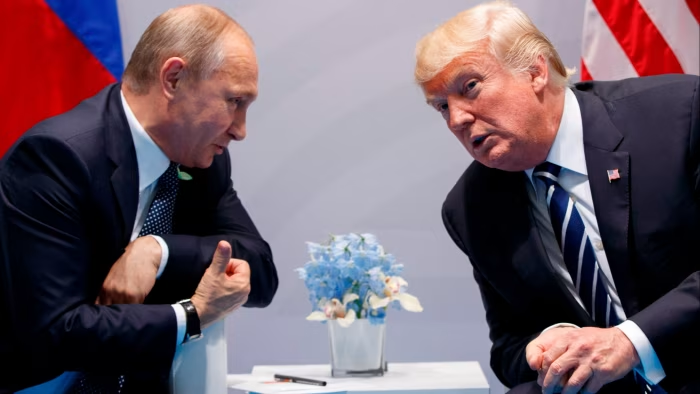The ‘zero line’ near the city of Kreminna is so close to the Russian forces that the two sides sometimes shoot directly at each other. It is the height of the summer counter-offensive earlier this year and I’m surrounded by Ukrainian soldiers.
The sound of shelling is inescapable. Drones zip through the forest around us. One of the officers, Dima, gestures vaguely into no-man’s land in front of us: ‘Just across there,’ he says wearily. ‘So many Russians. So many mines.’
The Ukrainian counter-offensive was supposed to change the course of the war. The Ukrainians, backed by large deliveries of Western weapons, would punch through the Russian lines and move inexorably toward Crimea — and victory.
Over the past two months, the hopes of Ukraine and its Western partners have shattered against the hundreds of thousands of Russian soldiers and millions of mines that stretch across the line of contact from Kupiansk in the north to Robotyne in the south.
The Russians have laid minefields that stretch for ten to 12 miles from the frontline along almost its entirety.
In some areas, there are up to five mines per square metre. Then there are the tank traps and trenches.











